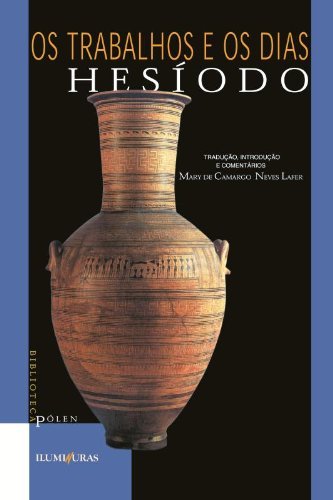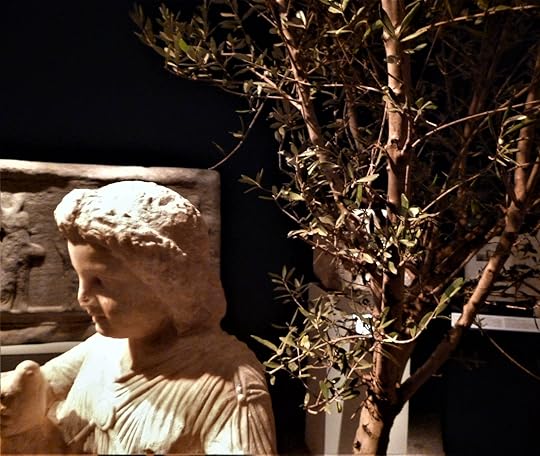What do you think?
Rate this book


104 pages, Paperback
First published January 1, 701




I would not be an honest man, not now,
Nor wish it for my son – when I see how
It’s evil to be honest in a land
Where crooks and schemers have the upper hand.
I still have hopes this isn’t what Zeus planned.
He harms himself who harms another man;
The plotter is the worst hurt by the plan.
That man is best
Who thinks for himself, and puts all to the test
To weigh the ends and outcomes. It will suffice
Even to heed another’s good advice.
But he who can’t think for himself, nor once
Learn from another, is a useless dunce.
But if it’s wealth you long for in your chest,
Then do this: work on work and never rest.